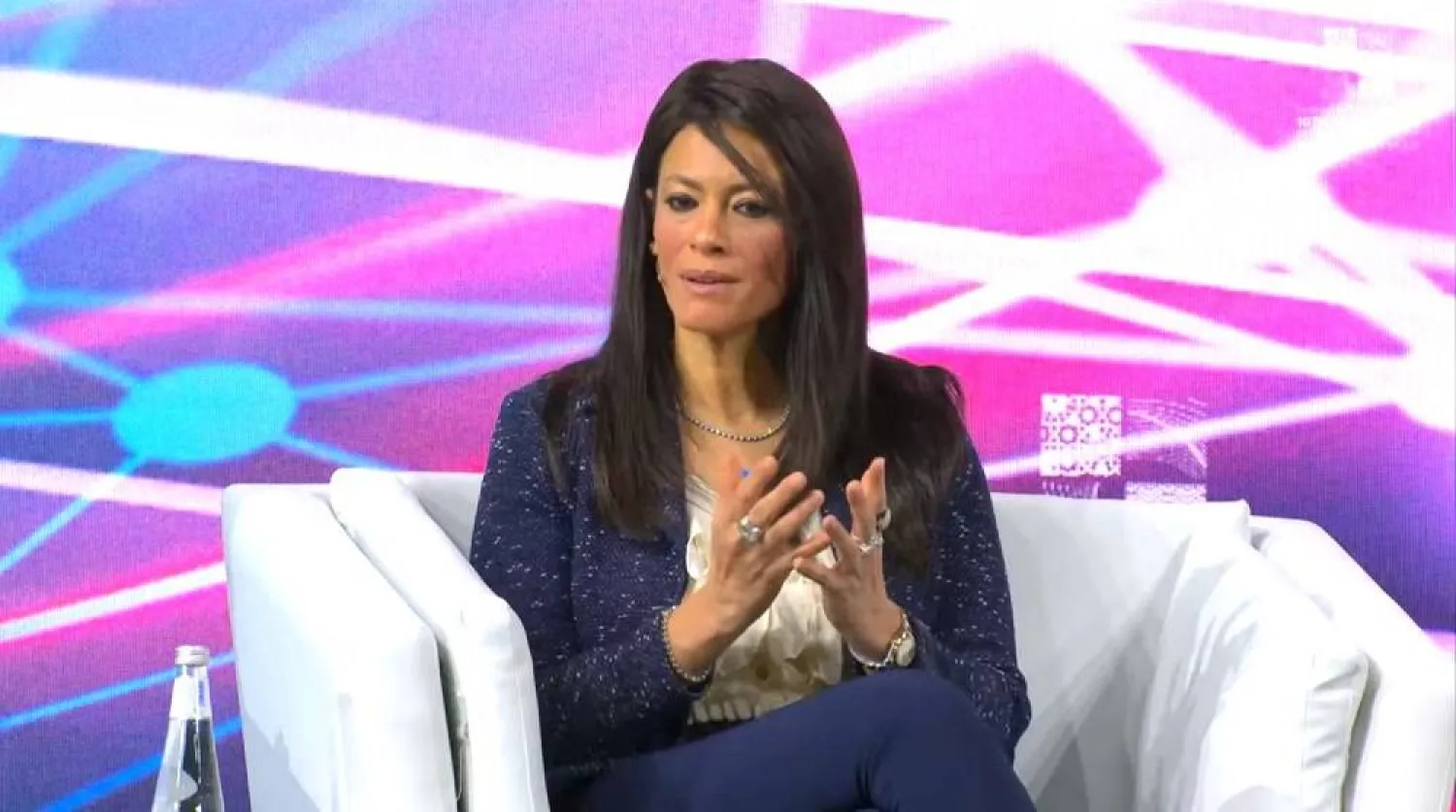Egyptian Minister of International Cooperation Rania al-Mashat said on Sunday government proposals are open to all countries, including China.
Speaking at the “Investment and Financing Along the Belt and Road Initiative (BRI)” panel discussion at the two-day 10th Arab-China Business Conference in Riyadh, Mashat lauded the strong ties between Egypt and China, noting that the Suez Canal Corridor attracts Chinese companies in various fields.
The Minister stressed that green transformation is one of the essential sectors, saying that it provides opportunities for cooperation between companies in the Arab world and international companies.
Participants discussed the role of the Belt and Road initiative in promoting economic growth and development in China and the Arab countries and reviewed successful examples of existing partnerships.
She explained that the Belt and Road Initiative began in 2013 and is a long-term strategy to enhance cooperation and integration between Asia, Europe, the Middle East, and Africa.
According to the Minister, every country has a strategic vision and seeks to achieve sustainable development goals.
She explained that the Suez Canal attracted Chinese companies, including TEDA, an industrial developer in the economic zone of Ain Sokhna.
The Minister pointed out that China was keen to provide funds to the countries of the Belt and Road Initiative to establish development infrastructure projects, stressing the importance of the role of the Asian Infrastructure Investment Bank (AIIB) in increasing Chinese investments in Egypt.
She explained that development funds are long-term that serve development in general, whether roads, ports, or railways, citing the role of Arab funds in financing the electrical interconnection project between Egypt and Saudi Arabia.
The 10th Arab-China Business Conference, the largest ever cooperation between the two parties, aims to explore inter-investment opportunities in various sectors.









